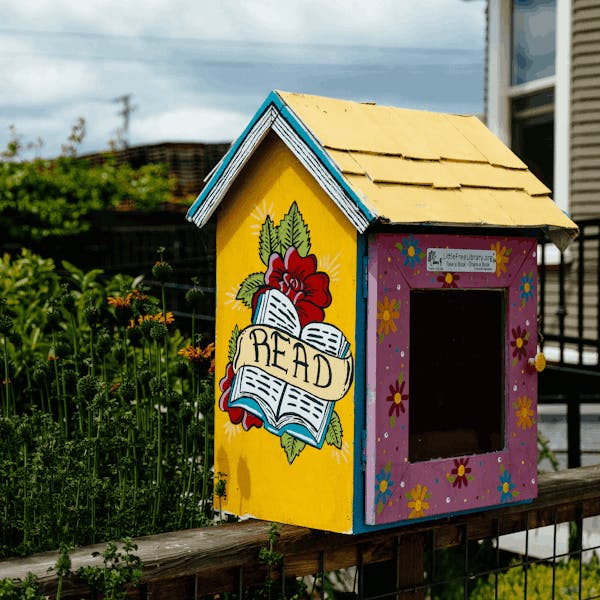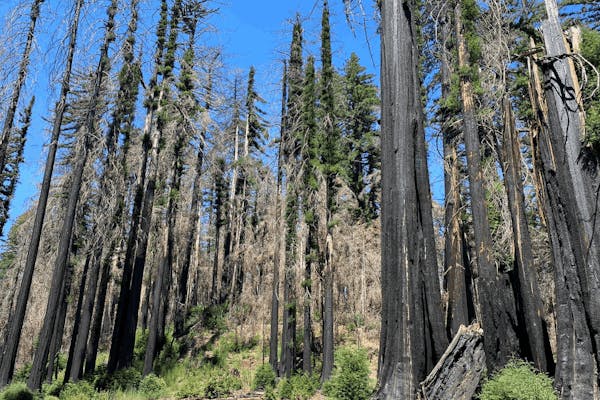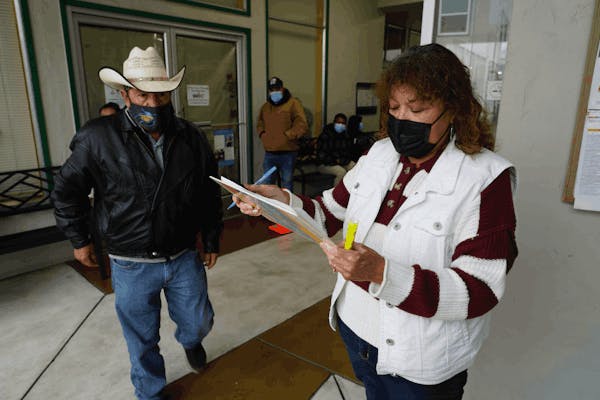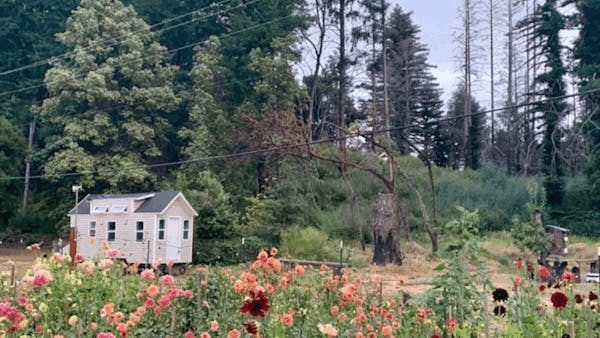
Fire Response Fund Update
A Thousand Days Later
Erin Shiroda, a Disaster Case Manager with Catholic Charities, spends her days helping clients steer through the complex, frustrating, and heartbreaking work of recovering from the CZU wildfires that devastated the San Lorenzo Valley in August of 2020. “It’s a lot of learning as you go because every case is so different,” she says. “I do a lot of listening, helping people navigate the process, and really walking alongside them step-by-step.”
And there are days, like this past June, when she gets an email that makes all her hard work worth it. “Dear Erin,” this one note started. “I want to send a special thank you to your entire team for helping lift our extremely heavy burden of not being able to finish our family’s home.”
The note was from a CZU survivor in Boulder Creek who had run out of money during the rebuild process. Erin had presented his case to the Long-Term Recovery Group (LTRG)—a collaboration of non-profit organizations—that funds the “unmet needs” of fire survivors. The LTRG approved the request and helped this client cover the costs of the foundation, framing, and electrical needs.
The client continued, “This has been extremely stressful for us and has bled into all aspects of our lives. I cannot explain how much this support means to us.” The client said that once they’ve regained “some sense of normalcy” in their lives, they stand ready to help others who need it. They closed with, “Please let us know how we can help when that time comes.”
Since 2021, the LTRG has helped 122 families with more than $4 million of recovery expenses. The majority of the funding for the LTRG comes from the Community Foundation’s Fire Recovery Fund to which thousands of people, families, foundations, and businesses donated.
This is support for the community by the community—neighbors who stood ready and gave when the time came.
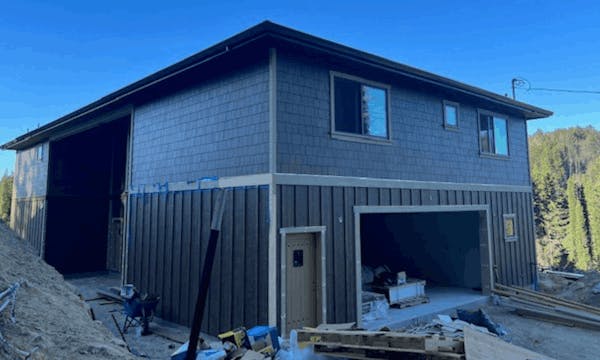
Unmet Needs Getting Met
Suzie Schwilk, an SLV resident for over 20 years, is a Disaster Case Manager at Mountain Community Resources (MCR) in Felton, a program of Community Bridges. “I love this community so much,” she says, “it’s in my heart.”
Like Erin, Suzie works hard to keep CZU fire survivors in the community. “So many clients come in and they are just about ready to give up. I try to instill some hope so they can get to the next step—so they don’t say, ‘I’m going to sell my land, take a humongous loss and leave Santa Cruz County.’”
Suzie explains that getting permits to rebuild after a wildfire is complex, let alone navigating the building process. “Many clients are still trying to obtain the pre-clearances they need for fire access, environmental health and sewage disposal, and potential geologic hazards. Only then can they apply for a building permit.”
Unsurprisingly, there are funding gaps that halt people’s progress. Their FEMA payouts or insurance policies simply can’t cover enough; they are still trying to pay back loans or debt incurred while they were displaced or out of work or struggling to pay for the increasingly high cost of construction and materials.
Suzie, Erin, and their fellow case managers work closely with the LTRG and the Community Foundation to bridge funding gaps for items like water tanks, drainage work, mandatory septic system upgrades, roofing, solar electricity systems required with new construction, and so much more.
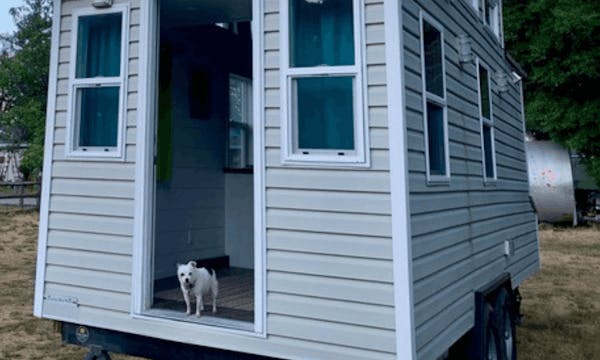
Getting Back On Site
Dr. Juko Holiday and her spouse are also CZU fire survivors—the two tiny homes in which they lived on their Alba Road property burned completely and they’ve been living in temporary housing without a kitchen for three years now.
Juko, a psychotherapist and small business owner based in Ben Lomond, says it’s important to remember that many families displaced by climate disasters are homeless and are part of our affordable housing crisis. “We may not be living in tents by the side of the road but so many of us are living in unstable and subpar circumstances while we figure out how to rebuild on our property.” She continues, “Safe, sanitary, and stable housing is necessary for a community to thrive and it’s the essential starting place for someone to heal from trauma and mental illness.” She herself is living with a Post Traumatic Stress Disorder diagnosis as she navigates rebuilding her business post-COVID and her home post-fire while caring for her aging husband, a Vietnam-era veteran.
Dr. Holiday has been working closely with Suzie and her supervisor, Tonje Switzer at MCR, to figure out a way to get home. She was recently approved by the LTRG and a fully furnished 160-square-foot tiny home was just delivered, a week shy of the three-year anniversary of the lightning storm that sparked the CZU fires. Juko is thrilled, especially because a tiny home is her first choice. “I’ve lived in tiny homes for over ten years—way before they were cool.” She laughs, “After all that we’ve been through, this new home is so cute and perfect! I feel weight lifting off my shoulders, especially because it meets permit requirements.”
Community Giving Paves the Way Home
Suzie, thanks to support from the LTRG, also helped a single father with a teenager get a yurt for his property. “He’d lived in a home built over 100 years ago so nothing was permitted.” By the time Suzie took over the case, he had not passed any of his pre-clearances and had an overwhelming list of things to do. Then there was a kitchen fire in the RV they were living in. “Everything went from bad to worse,” she says.
Thanks to funding from LTRG, he was able to purchase a yurt and accompanying bathhouse. “He got to design the yurt, pick out where the doors and windows would be, and what color it would be…it was empowering and his spirits were bolstered.” When he gets settled, we will see if he’s ready to start again and see if we can’t help him “knock some of the pre-clearances out.”
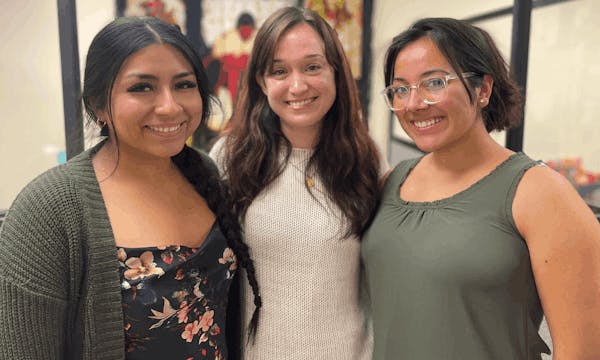
Ready to Keep Working
“It’s hard to witness, but many folks are doubly impacted with fire and now the storms,” says Suzie. “Some CZU folks had trees fall on their partial rebuilds and they are having to start the process all over again, dealing with FEMA and all of that.” Erin, Suzie, and their colleagues are now beginning to take on case management for storm survivors in Santa Cruz County. Families in Pajaro will be supported by a long-term recovery group in Monterey County.
Erin explains that bringing cases to the LTRG really helps beyond the funding her clients receive. “Sharing my clients’ experiences with the LTRG helps everyone be aware of the continuing challenges and helps us strategize how better to support people moving forward.”
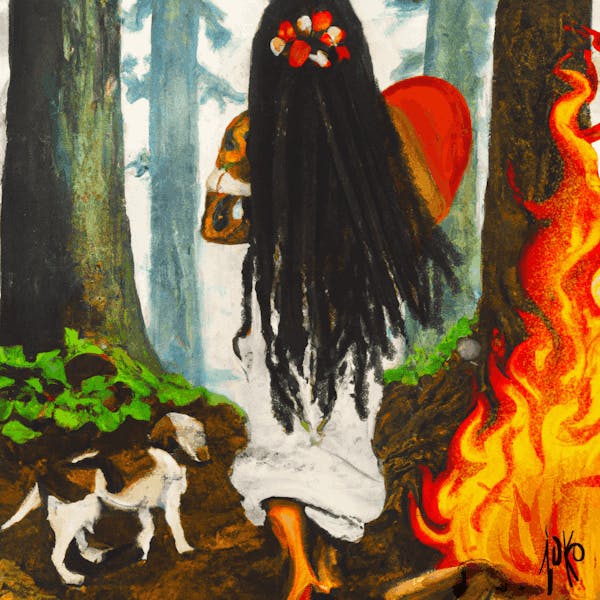
For the Love of Community
Juko, Suzie, Erin, Tonje, and so many others are driven by an absolute love for their community.
“My neighbors, my community, were literally the deciding factor in staying in SLV. There is nowhere else I would want to go and no amount of money that could take me there,” says Juko.
There was so much Juko needed to express on behalf of herself and her community that she created what she calls her “musical alter-ego,” Tuesday Flowz. “This creativity is part of my healing.” She laughs, “I think Tuesday is the best storyteller rapper over 50 in SLV and not just because she’s the only one!”
The stories she tells in the songs don’t belong to just her. “It’s our community’s collective experience and I wanted to show what we’ve been going through. I wanted to be angry and playful and not worry so much about what other people would think of my words.”
Tuesday’s song “There's No Place Like Home: A Wildfire Superflow” gives voice to the ongoing struggles that so many fire families are facing.
Got a lot on my mind and more on my heart
Anybody paying attention can see I’m falling apart…
Bonny Doon, I hope you get home soon
Love to Last Chance Road
Out by Big Basin fire families been
Waiting and waiting and waiting and waiting
Still not home yet, been such a long time
If you told me then I’d spend a thousand days
struggling this way
I’d have called you a liar.
(I’m broke and tired)
The song ends:
I need systems that work
Us to love each other and keep our word
And for y’all to understand
How hard this is, how much it hurts
(we’re still here, we need you)
Juko, Erin, and Suzie all say that as we pass the 1,000-day mark after the CZU fires—and as we start to rebuild from the floods and storms—it’s important to keep listening to survivors and not forget them in the busyness and normalcy of our own lives.
Erin says, “We’re here. We’re ready to keep working.”
(Header photo: Dr. Holiday’s new tiny home was delivered to her neighbor’s property at the request of the delivery drivers. Her neighbors and dear friends run Beeline Blooms, a dahlia farm that is growing literally from the ashes of the CZU fire.)
